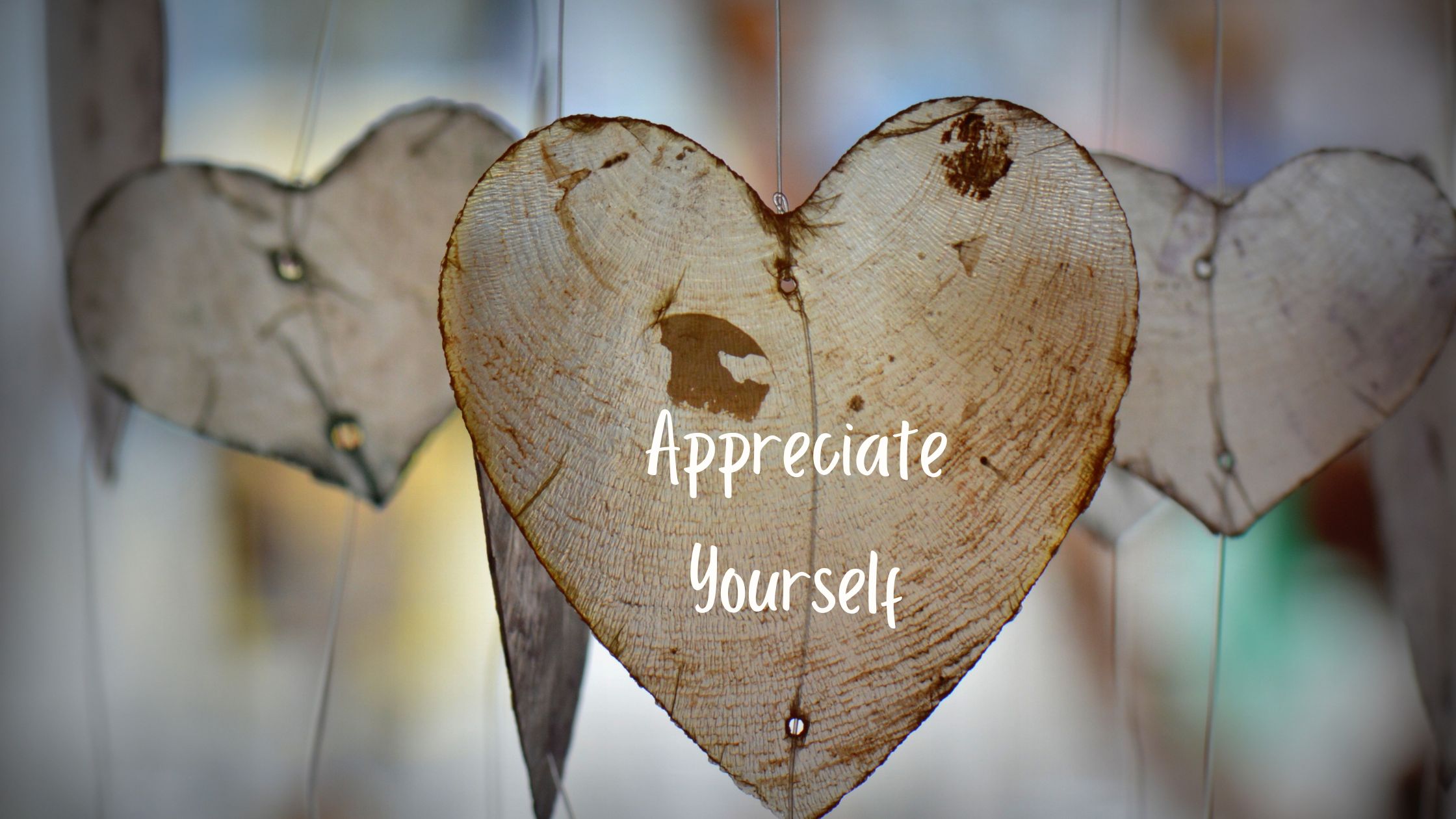
When life feels overwhelming, take time to acknowledge what’s happening and how you feel.
So often, when we’re faced with monumental changes and events, we want to hurry ahead to fix things. Or, distract ourselves in order to avoid our feelings. Often, we worry because we don’t know what to do. We might feel helpless to visualize positive solutions. All of this can feel downright paralyzing.
Yet, what if the clarity we need is right around the corner…
Clarity is crucial for forward motion. However, clarity can feel impossible to attain after we’ve been hit by something big. When life as we know it shifts, we can easily be thrown off center. It’s during these difficult times that it’s good to grieve what we’ve lost, and acknowledge how hard things feel. This exploration of feelings will help us get the clarity we need to move forward.
So often we’re taught that we need to pick ourselves up, brush ourselves off, and forge ahead. Certainly, sometimes this is absolutely necessary. Yet, when we continually soldier on, without taking time to grieve our losses, we carry them forward. Ultimately, we can get bogged down by our past.
Unresolved feelings have a habit of seeping into our daily lives, clouding vision, behavior, and overall wellbeing. It’s as though we’re continually looking through the filters of past hurts and grievances. These filters can really clog up after a while. As with any filter, it’s crucial to clear out the gunk for best results.
Allowing space for uncomfortable feelings is what helps them clear. This clearing contributes to the forward moving clarity we need. Taking time to sit with our feelings can actually free up invaluable time and energy for the future.
Here are some suggestions:
Take breaks, here and there, to sit with yourself. Tune in. Notice your feelings. If you can, imagine embracing your feelings with love and compassion. Allow yourself a good cry, if needed. Simply giving your feelings some compassionate attention can help them soften.
Notice where you typically get triggered. Ask yourself what you’re telling yourself, and what you believe about yourself. Question beliefs which feel limiting or hurtful. Use your feelings as a guide to a deeper understanding of yourself.
Know that chaotic, helpless feelings are just that. They hurt, yet they are feelings. And, feelings, when worked with, can transform into better-feeling feelings.
Use EFT Tapping. Tap to help soften and release uncomfortable feelings. Focus on the feeling and locate where you feel it in your body. Breathe deeply, and tap on the EFT tapping points. No need to say words, but you can if you want to. Here’s a link to the tapping points.
Change the channel. Spending time with your feelings doesn’t mean you have to stay stuck in them. Turn your focus to what feels positive and uplifting as well. This, combined with holding space for your pain, lets your nervous system know that you can toggle from one to the other. In other words, it empowers you to get unstuck.
Reach out to a trusted friend, family member, or professional. Allow yourself to ask for help. Processing what has happened, or is happening, can be difficult. A compassionate witness is sometimes what we need most.
Life is a mix of experiences and emotions, ups and downs, stillness and movement, and everything in between. When we allow space for all of it, we’re able to surf life’s waves with less fear, and a lot more confidence.
Sending you oodles of compassion,
Marian
To learn more about using EFT and IFS, to process emotions, contact me.



